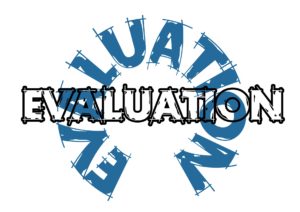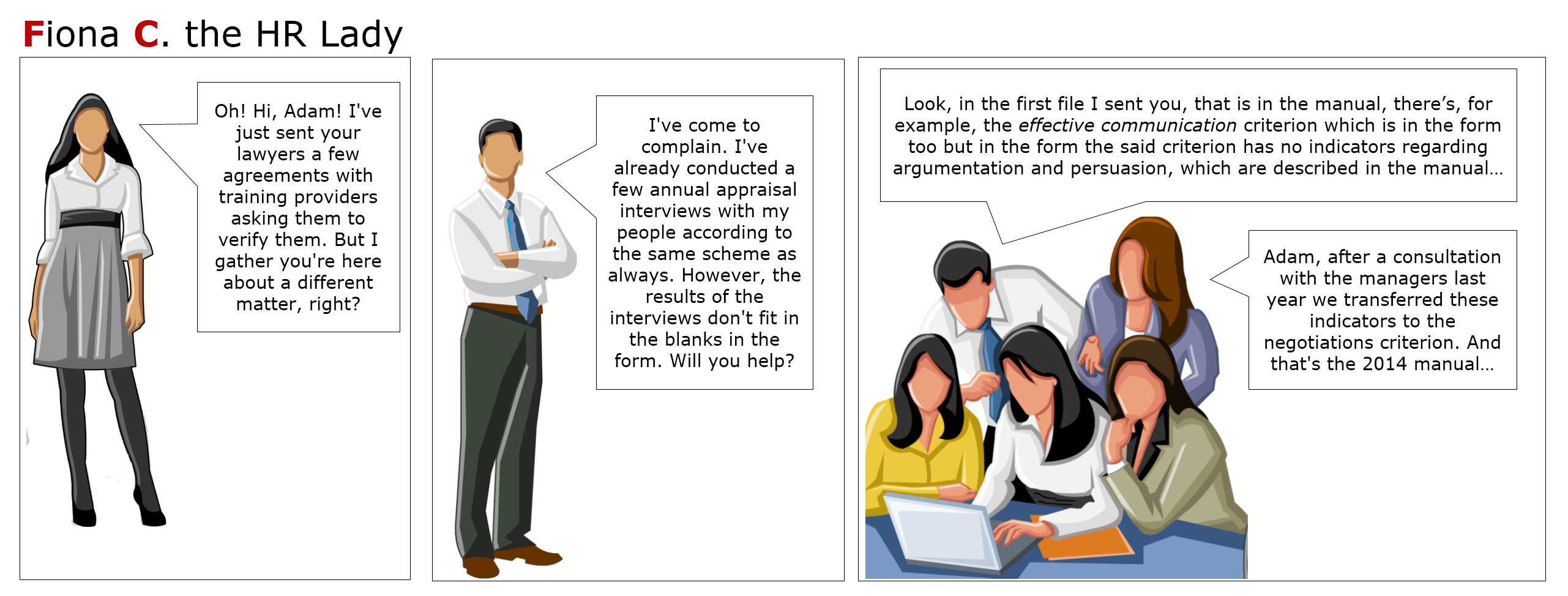Are periodic appraisals supposed to be the employer’s obligation?

They are not; however, conducting them should be a standard in organizations which are willing to develop effectively.
Why?
Because it is hard to imagine effective ways of managing human recourses in a company or an institution without a periodic appraisal system. Periodic appraisals provide employees, their superiors and, first and foremost, their organization with essential information. Regular appraisals are an integral part of motivation policy. It makes skills diagnosis possible and allows to make optimal use of employees’ capabilities and qualifications as well as plan their development.
Which tool applied in periodic appraisals is the best?

There aren’t “better” or “worse” ones. A periodic appraisal system depends on the specifics of a company’s functioning and strategy, management style and organizational structure. Sometimes it should be introduced gradually, but it depends on how mature managers are. Depending on all these elements, a periodic appraisal system is created on the basis of values, competencies, objectives and other criteria or a synthetic system combining them all. In such a system criteria ought to be ascribed to each position in an appropriate manner and presented to the employee holding them at the beginning of a given appraisal period. Also, the superior is supposed to familiarize the subordinate with the grade scale. As far as values or competencies are concerned, a 4 or 5-grade scale is used, while realization of goals is usually measured in percentage or points.

How crucial is this feedback in periodic appraisals?
Feedback given to an appraised person is the crux of conducting an appraisal. Unfortunately, managers tend to forget that the appraisal form is secondary to an interview and not vice versa. In such situations the appraisal system becomes sheer red tape. Moreover, one of the elements of periodic appraisals consists in referring to ongoing feedback, which should be given to the employee on a regular basis during the whole appraisal period. Thanks to feedback the employee finds out how their work is perceived. That is why an appraisal interview is supposed to cover all the key elements. It’s not enough to say: “John Doe, well done! Clients don’t complain about you. Keep up the good work.”
Glossary:
- obligation – obowiązek
- to conduct – przeprowadzać
- to be willing – chcieć
- first and foremost – przede wszystkim
- essential – istotny
- capabilities – zdolności
- tool – narzędzie
- gradually – stopniowo
- mature – dojrzały
- to ascribe – przypisywać
- superior – przełożony
- subordinate – podwładny
- crucial – istotny
- crux – sedno, istota, sens
- secondary – wtórny
Idiom of the month:
red tape
meaning:
- official forms and procedures, especially those that are obstructive and time-consuming
in Polish:
- (zbyt rozbudowana) biurokracja
examples:
- You have to go through endless red tape to start up your business.
- Because of all the red tape she didn’t get her visa on time and had to cancel her trip to Miami.
Exercise:

Glossary – Fiona C. the HR Lady:
- training providers – dostawcy szkoleń
- to complain – narzekać
- to conduct – prowadzić, przeprowadzać
- annual appraisal interview – roczna rozmowa oceniająca
- form – formularz/arkusz
- blank – pole (formularza)












